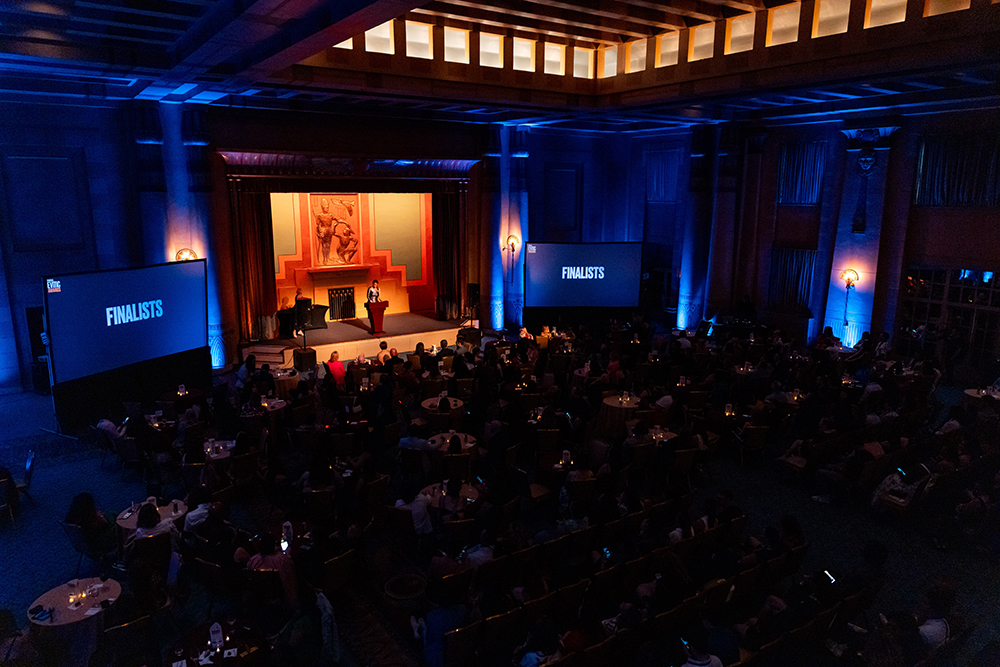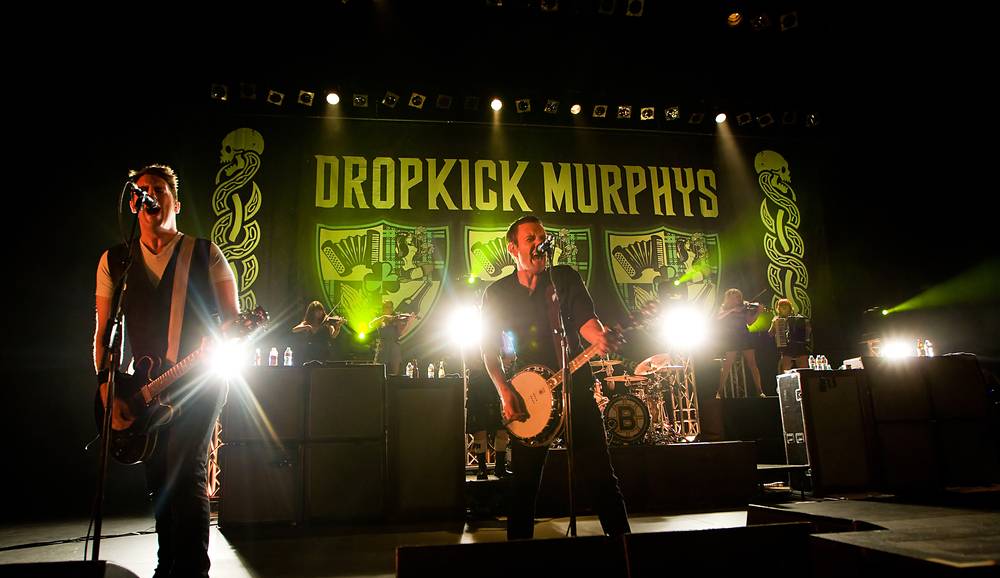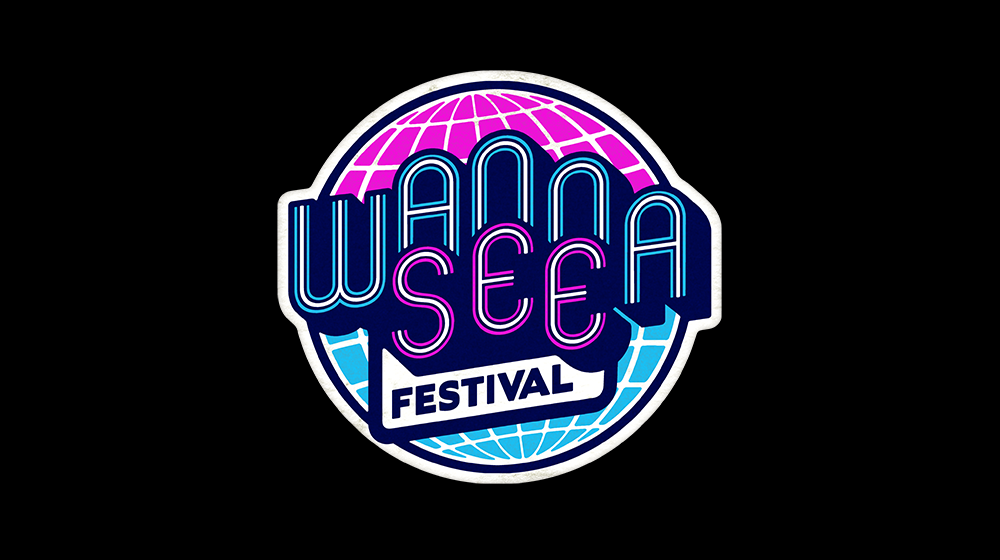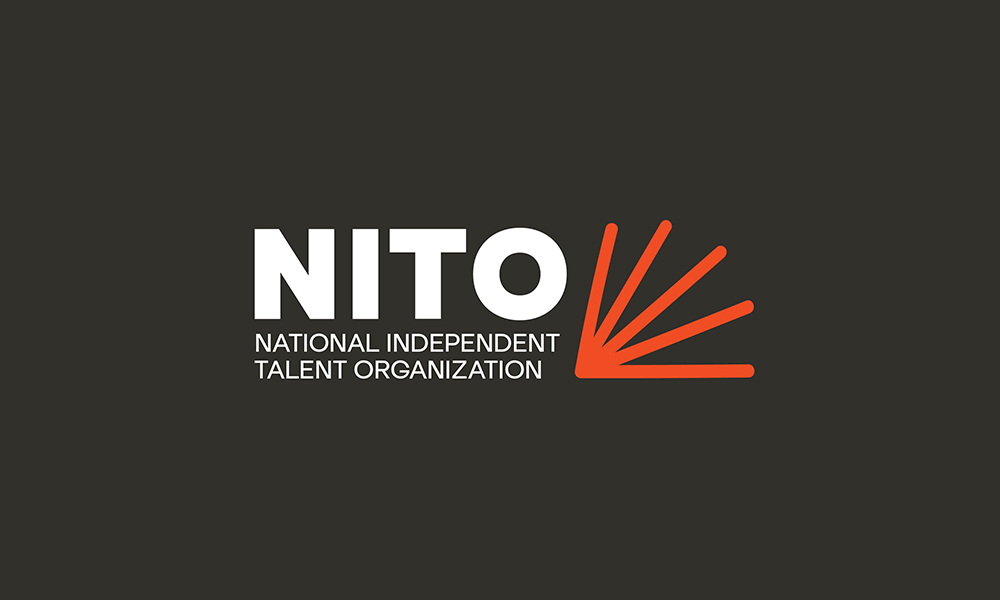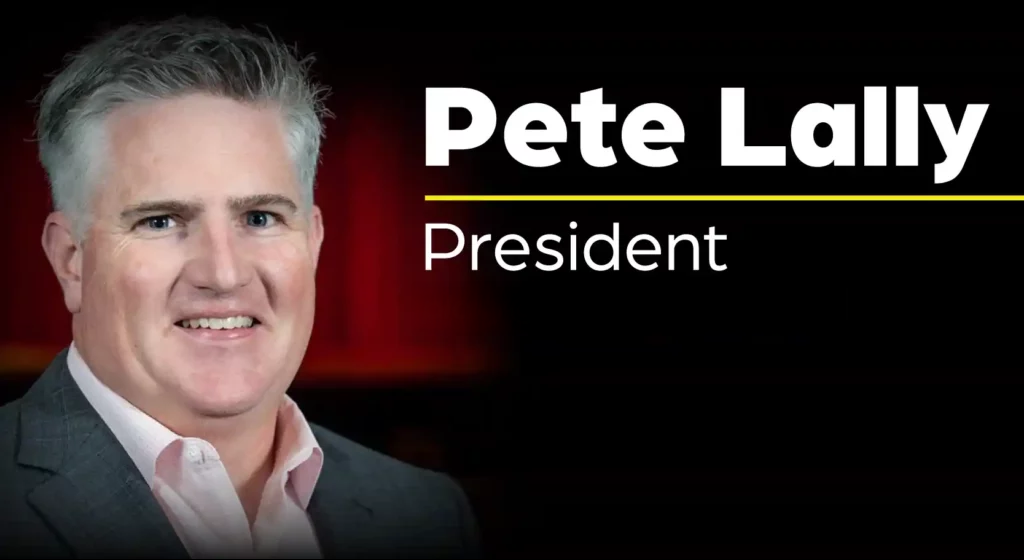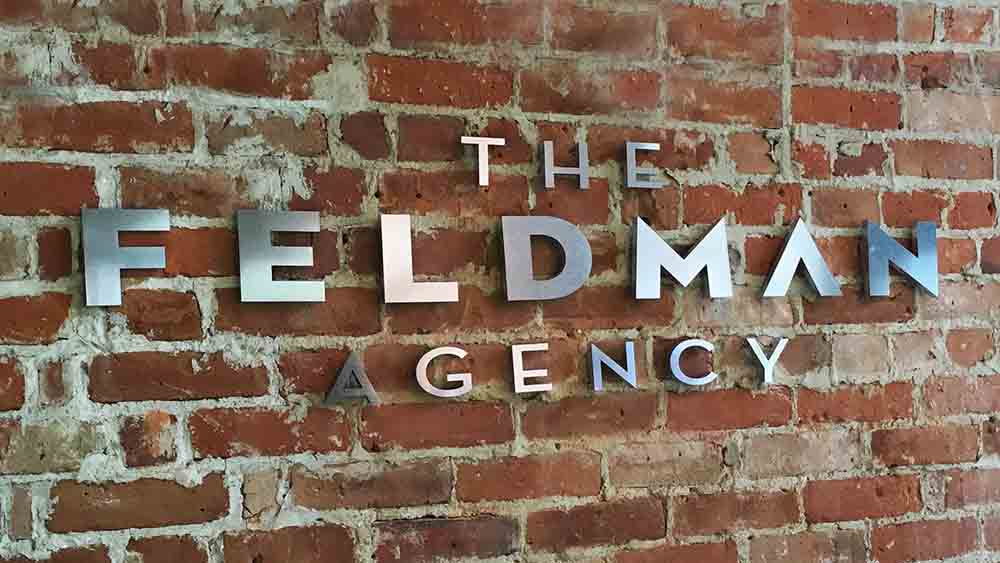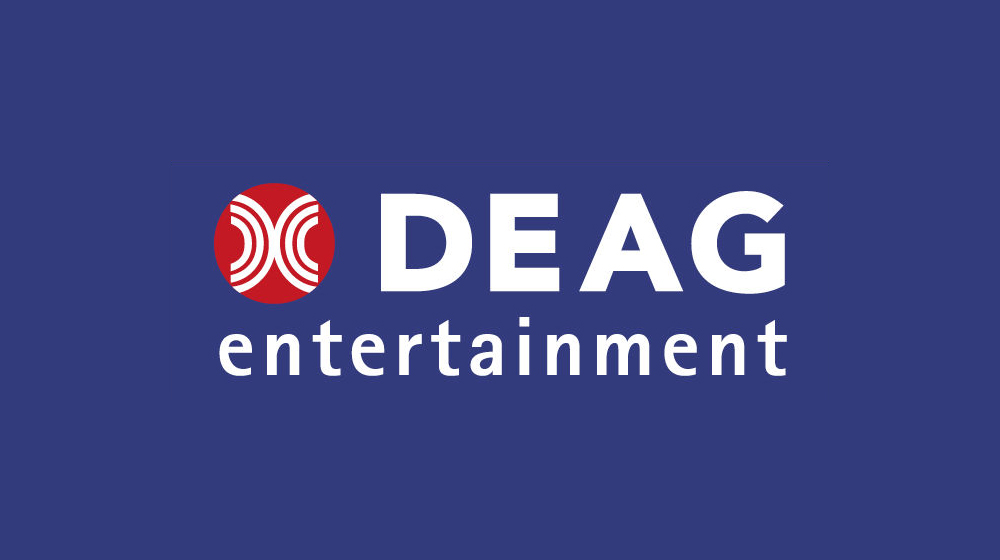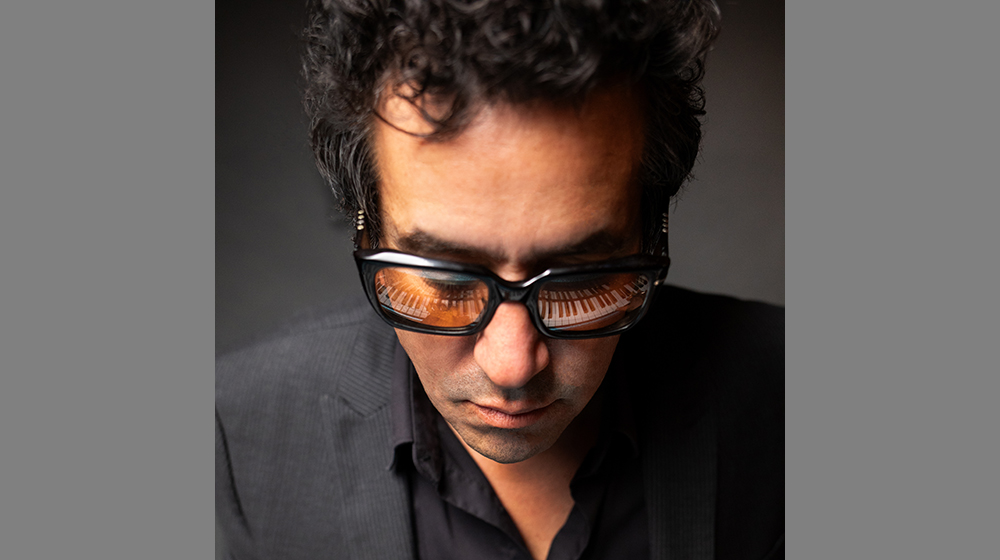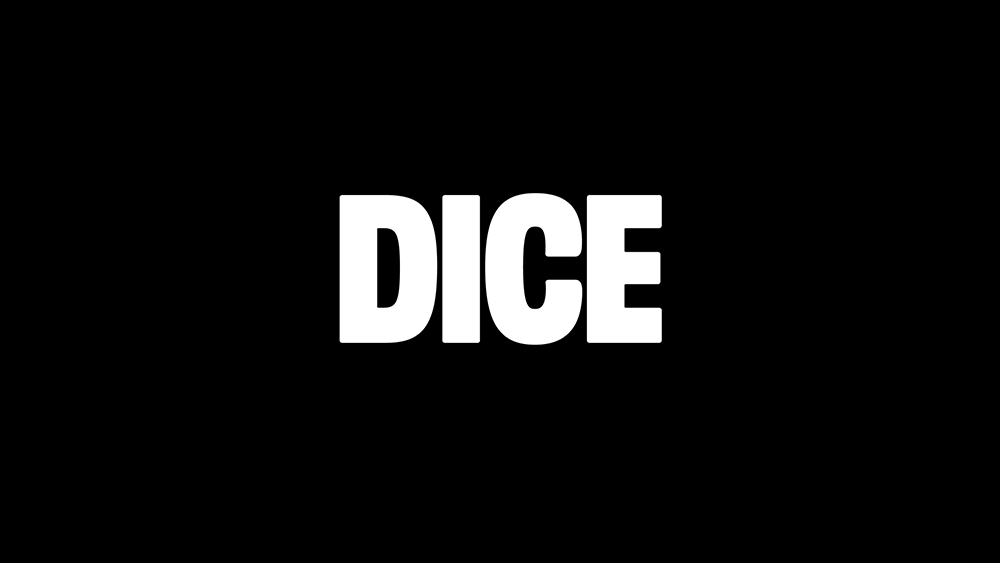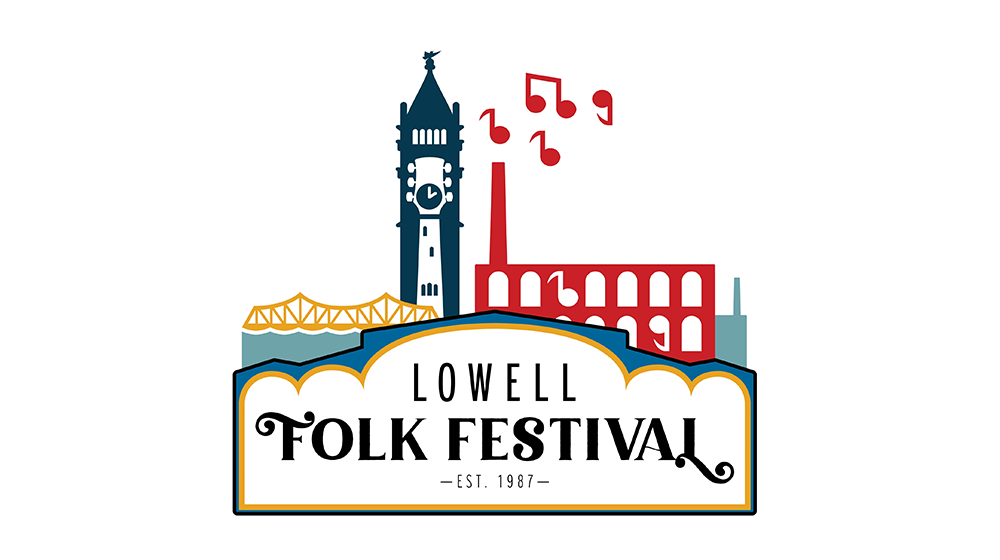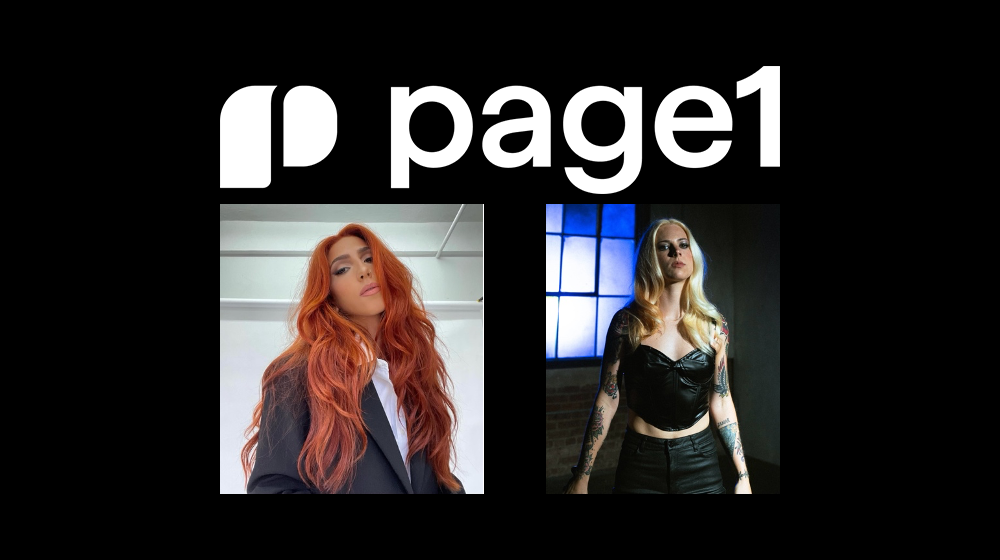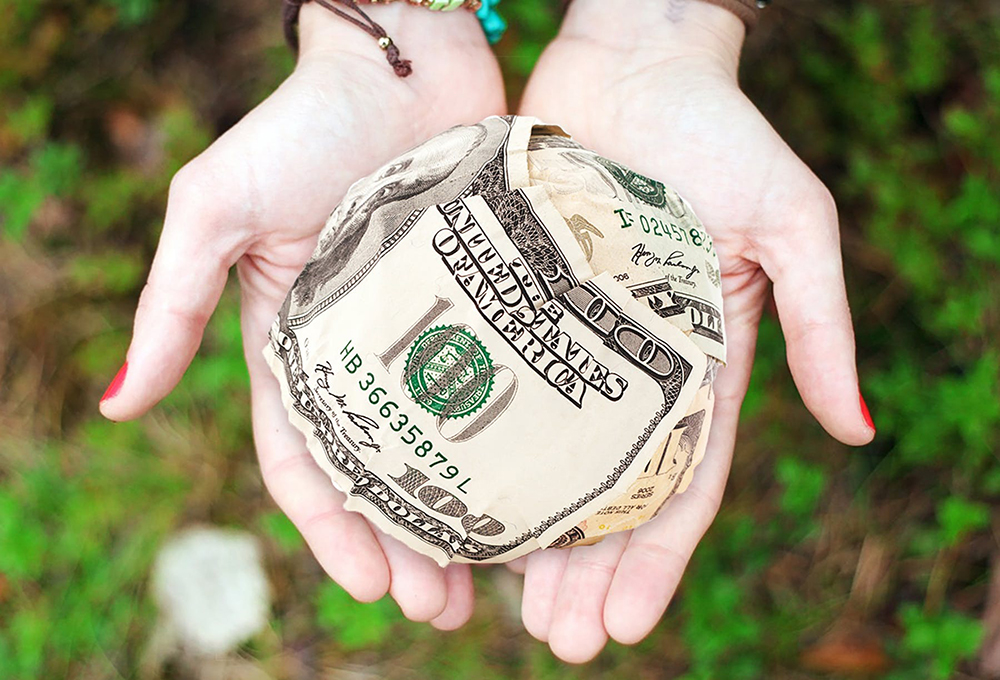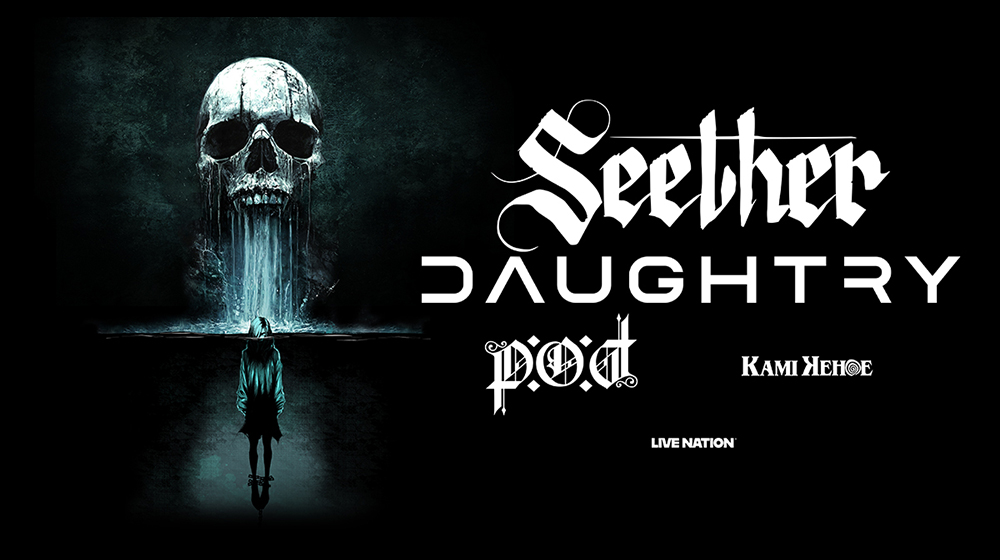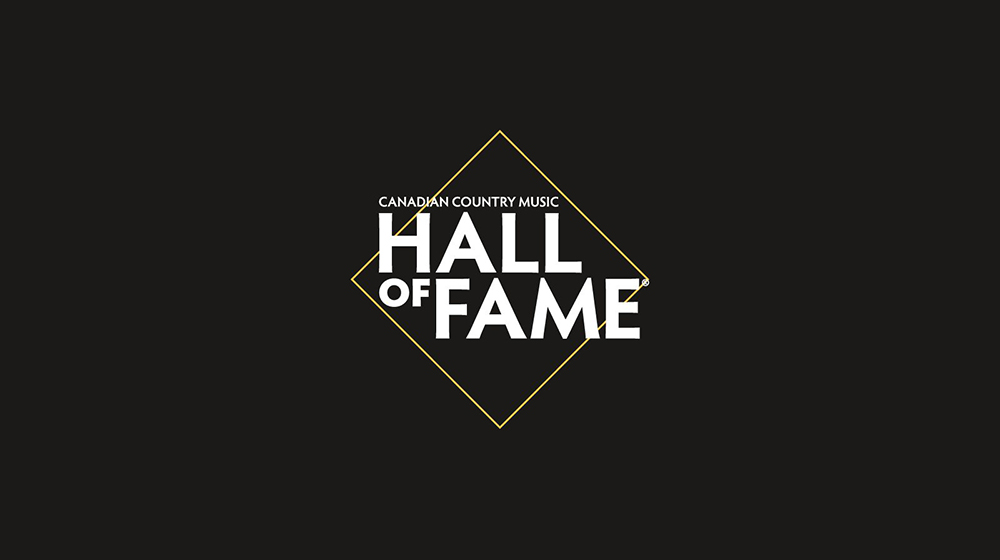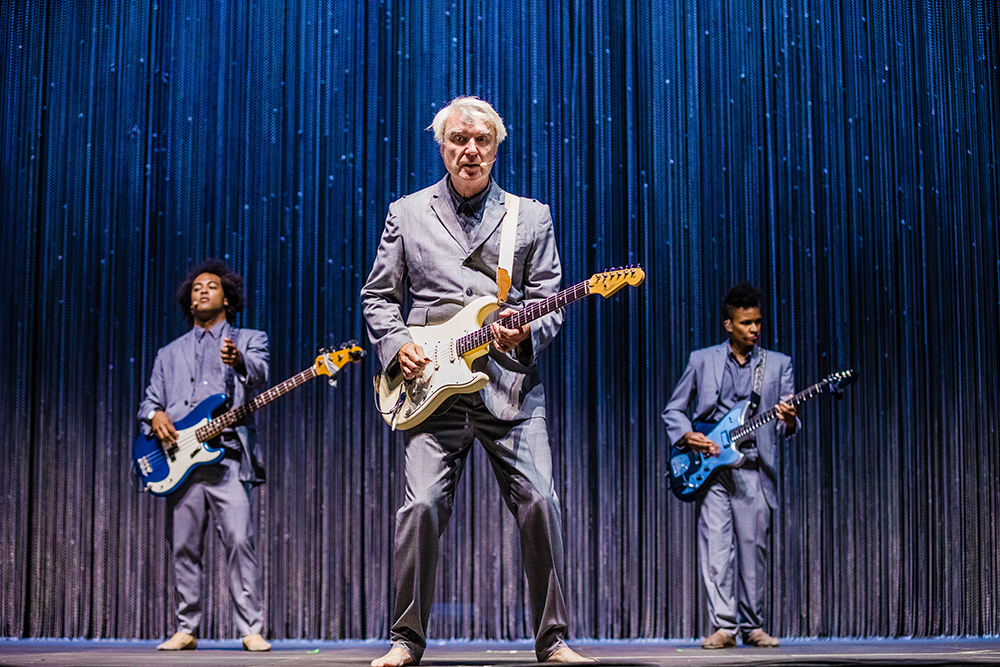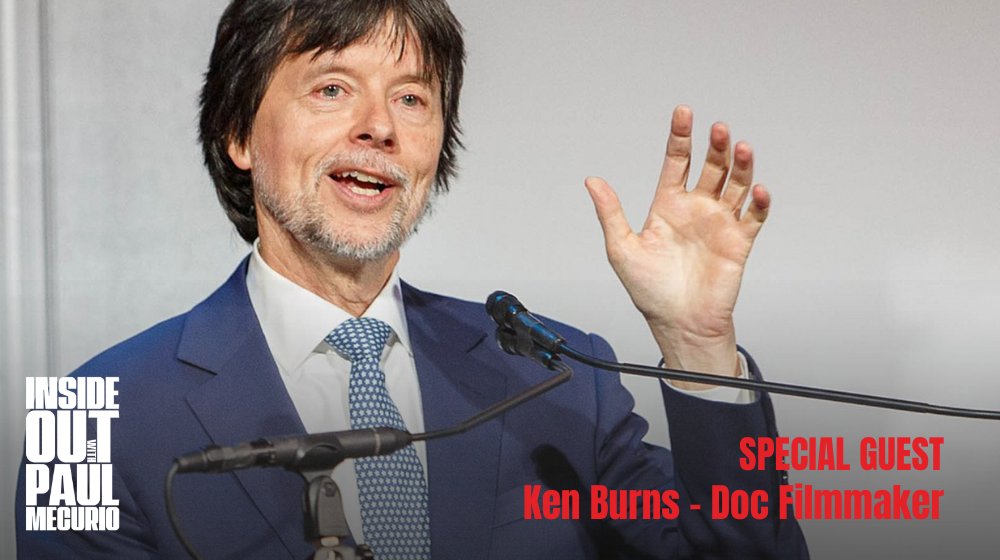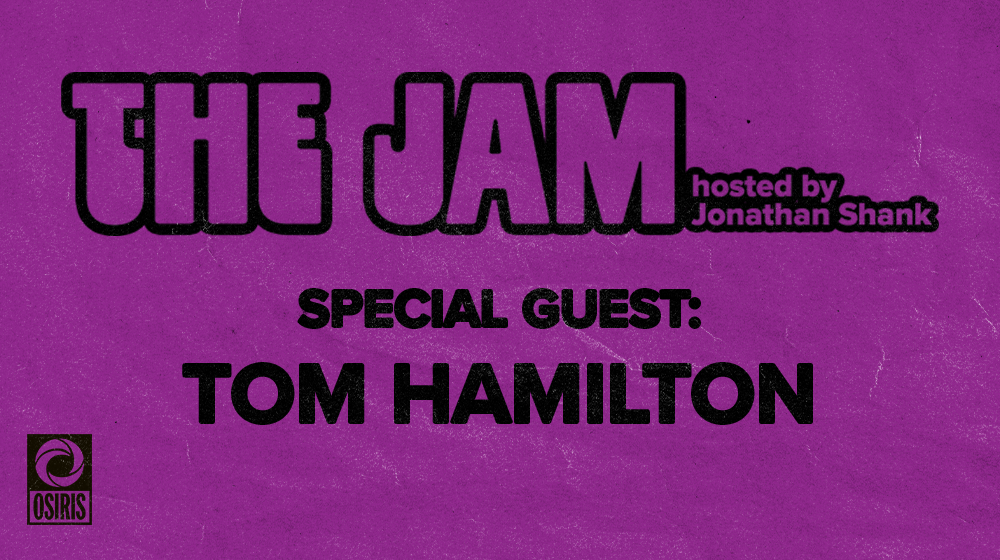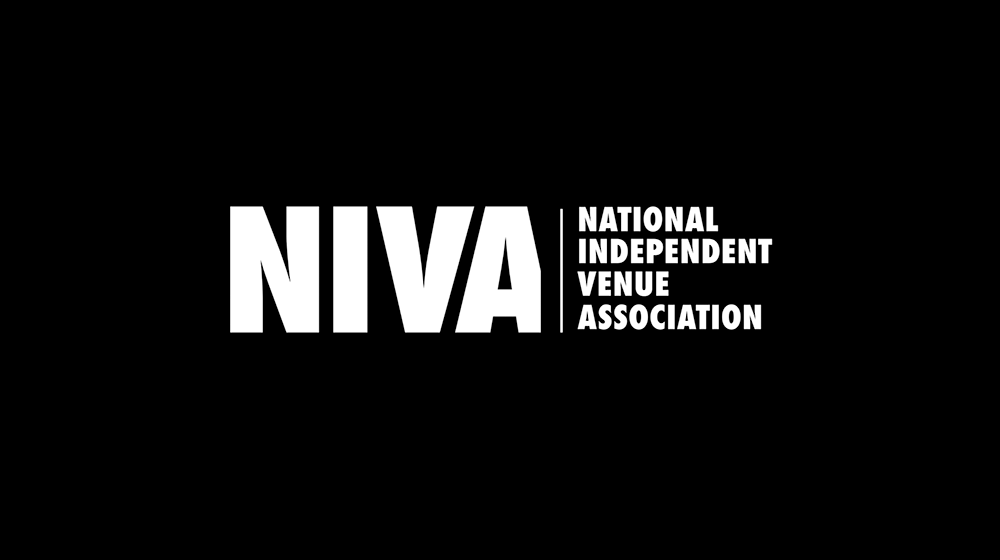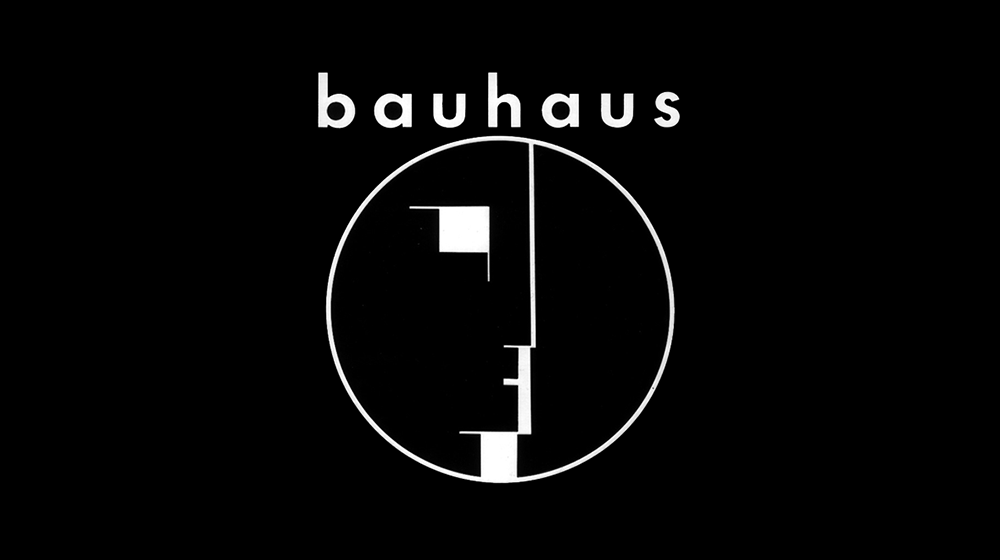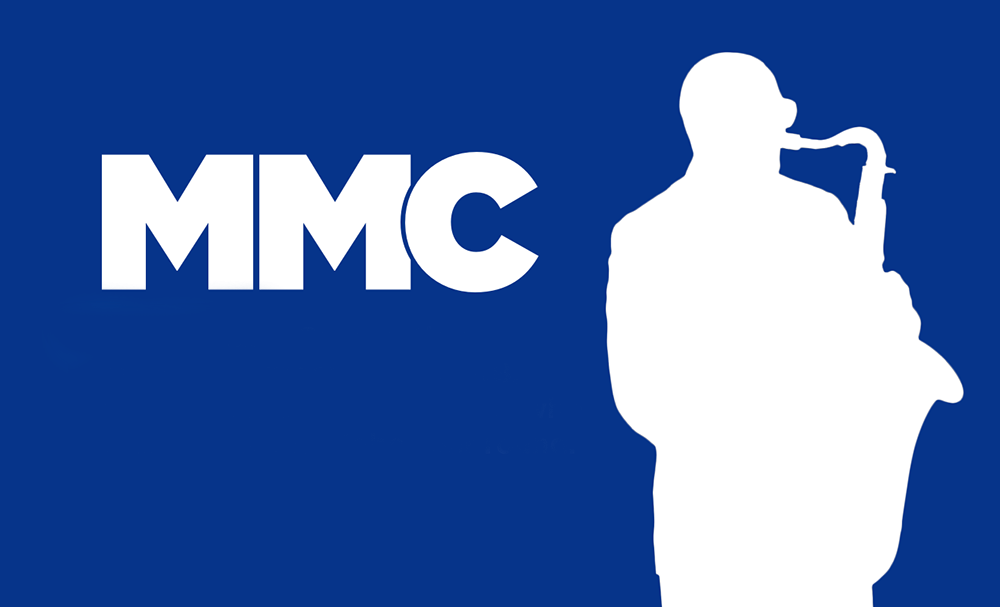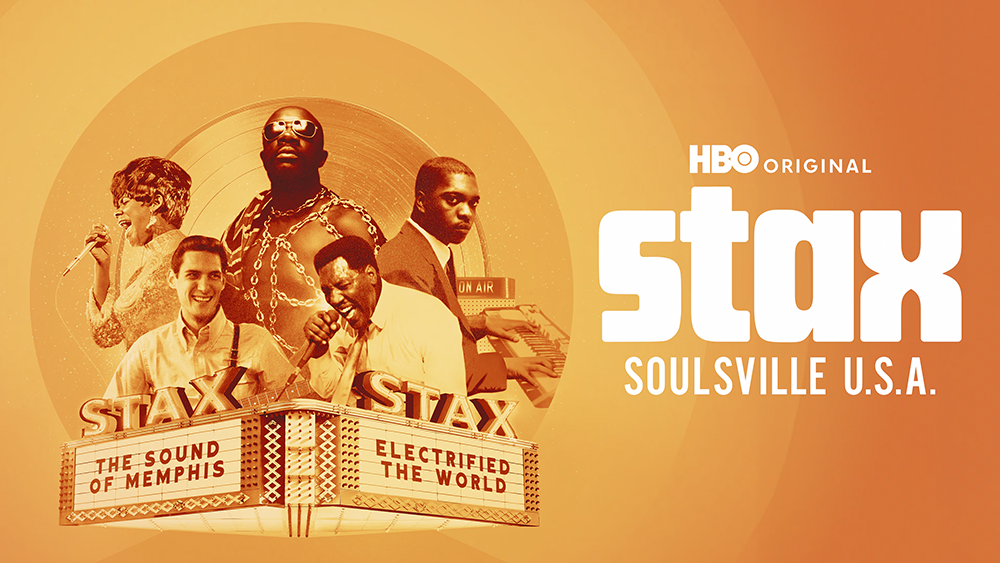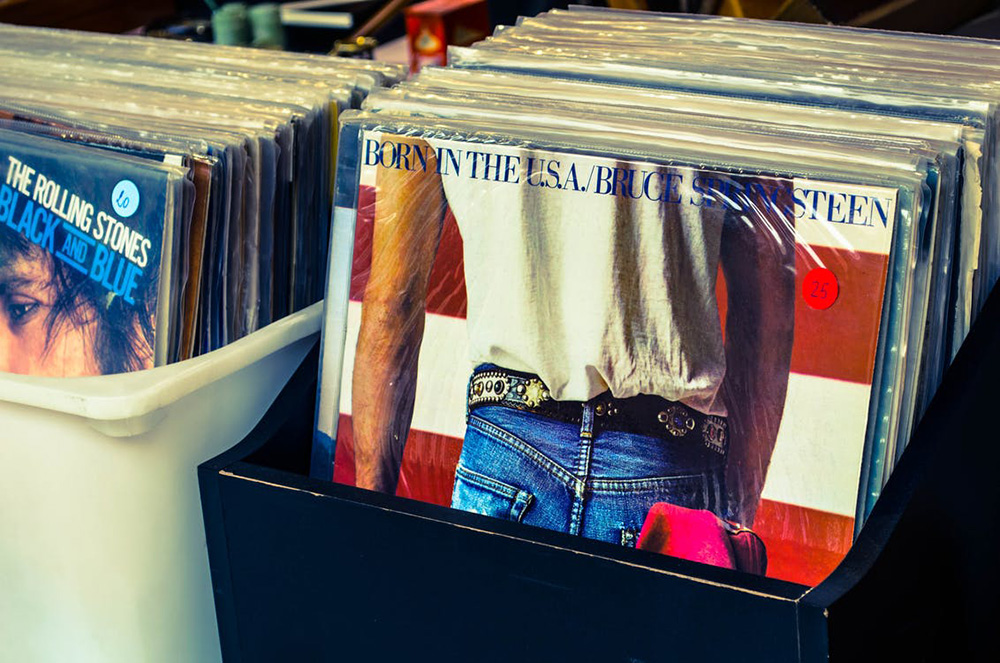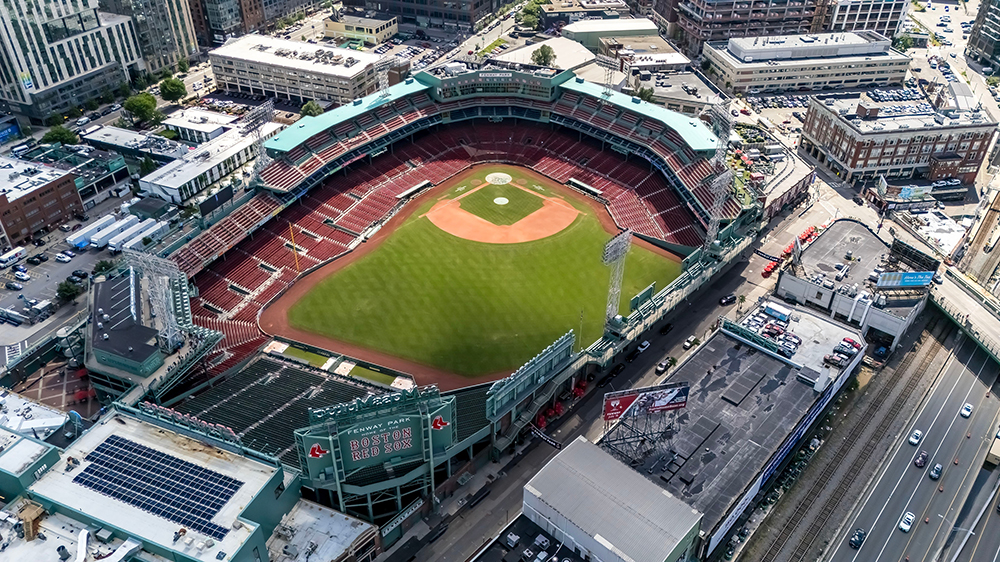(Hypebot) Spotify is up in arms over the 30% cut Apple is charging developers for the privilege of being part of its app store, going so far as to lodge an anti-trust complaint, as well as threatening to raise its price in order to cover the cost. Such actions, however, could be playing right into Apple’s hands.
_____________________________
Guest post by Bobby Owsinski of Music 3.0
Spotify is unhappy with the 30% revenue sharing royalty that Apple charges developers to be part of its App Store, and has gone as far as to file an anti-trust complaint with the European Commission against the company. The so-called “tax” is nothing new, however, and one has to wonder why this is just coming up now.
According to Spotify CEO Daniel Ek, “Let’s call this 30% revenue-share exactly what it is – a competitor tax. Importantly, Apple’s posture towards Spotify became increasingly hostile after Apple acquired a rival music streaming service and launched Apple Music. But until now, we felt like we didn’t have much of a choice.” Ek also stated that the company may have to raise prices as a result in order to justify being on the platform.
You have to think that executives at Apple Music are doing a little dance right now. On the surface, this looks to be a no lose situation for the company and a long shot for a positive outcome for Spotify and other streaming services.
From Apple’s perspective, Spotify’s threat to raise prices may be empty. If it raises prices, then Apple Music certainly looks better to the music consumer just from a price standpoint. Boycott the App Store and it’s even better – out of sight, out of mind for its users, which ultimately may mean more subscribers for Apple Music.
As far as the anti-trust suit, the fact that Apple has been charging the same fee since it opened in 2008 may have an outcome on the case. Napster (called “Rhapsody” at the time) protested the commission rate for music-streaming services back in 2011, and in 2016 Spotify ran a promotional campaign encouraging users to register for its Premium service on Spotify’s site rather than go through the App Store. Neither did a thing to dent the way the App Store did business. An argument that Apple could make is that you can access Spotify directly from a browser and bypass the app if you want to. It’s clunky that way but does nullify the accusation somewhat.
There are 2 interesting aspects that could make this time different, however.
Recently Spotify (along with several other streaming services) appealed a ruling by the Copyright Royalty Board to raise songwriter royalties by 44% over the next 5 years. Apple Music is the only music streaming service so far that has stated its acceptance of the ruling and said it will not appeal.
Could the royalty complaint against Apple’s App Store be a cover for Spotify to raise its prices? A monthly increase to perhaps $12.99 per month would provide a number of things, all positive for the company if consumers go along.
First of all, the increase covers the App Store royalty, but it also covers the songwriter’s increased royalty as well. Politically speaking, the story is better for stockholders for the company to be fighting its deep-pocketed competitor rather than acquiescing to the music publishers and opening itself up for increases in licensing fees from the record labels the next time negotiations are in order. Plus, Spotify then potentially looks like a champion to songwriters as well.
As industry analyst Mark Mulligan points out, Spotify’s pricing hasn’t kept up with inflation, plus an increase in revenue would really make both shareholders and the market happy. The problem is, would the company lose market share to a then less expensive Apple Music and other competitors?
And that, my friends, is the billion dollar question.
You can bet that Daniel Ek and company really want to raise their prices more than anything, but are super apprehensive of the potential downside of the decision. Blaming it on the App Store fee at least gives everyone a plausible excuse.
There’s another twist to the story though, and that’s the upcoming Apple v. Pepper case which will be reviewed by the U.S. Supreme Court soon. Just like Spotify’s EU suit, this one also looks into if Apple’s terms of use of the App Store marketplace breaks federal antitrust law. The difference is that it looks at the App Store from the buyer’s perspective, not the developer, with the idea being that prices there have to be higher because of the closed nature of the Apple ecosystem as well as the fees. A win for Pepper would mean that Apple would have to revise its policies, which could mean more revenue for Spotify without having to up its prices after all, although it may not be all that much of an increase in the grand scheme of things.
That being said, now is the time for Spotify to be bold. Its future health, and its leverage over its current main competitor, may depend upon it.




















